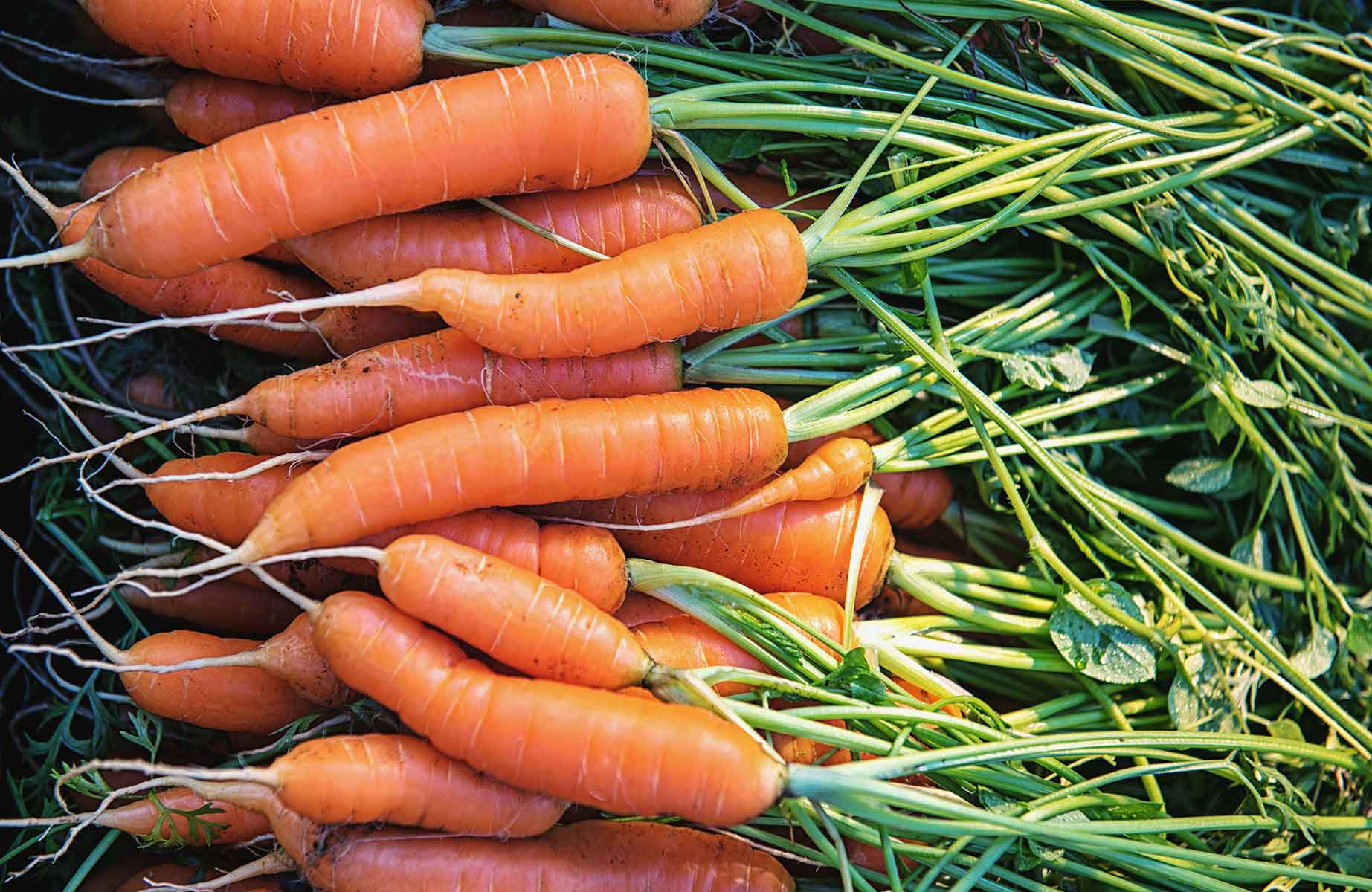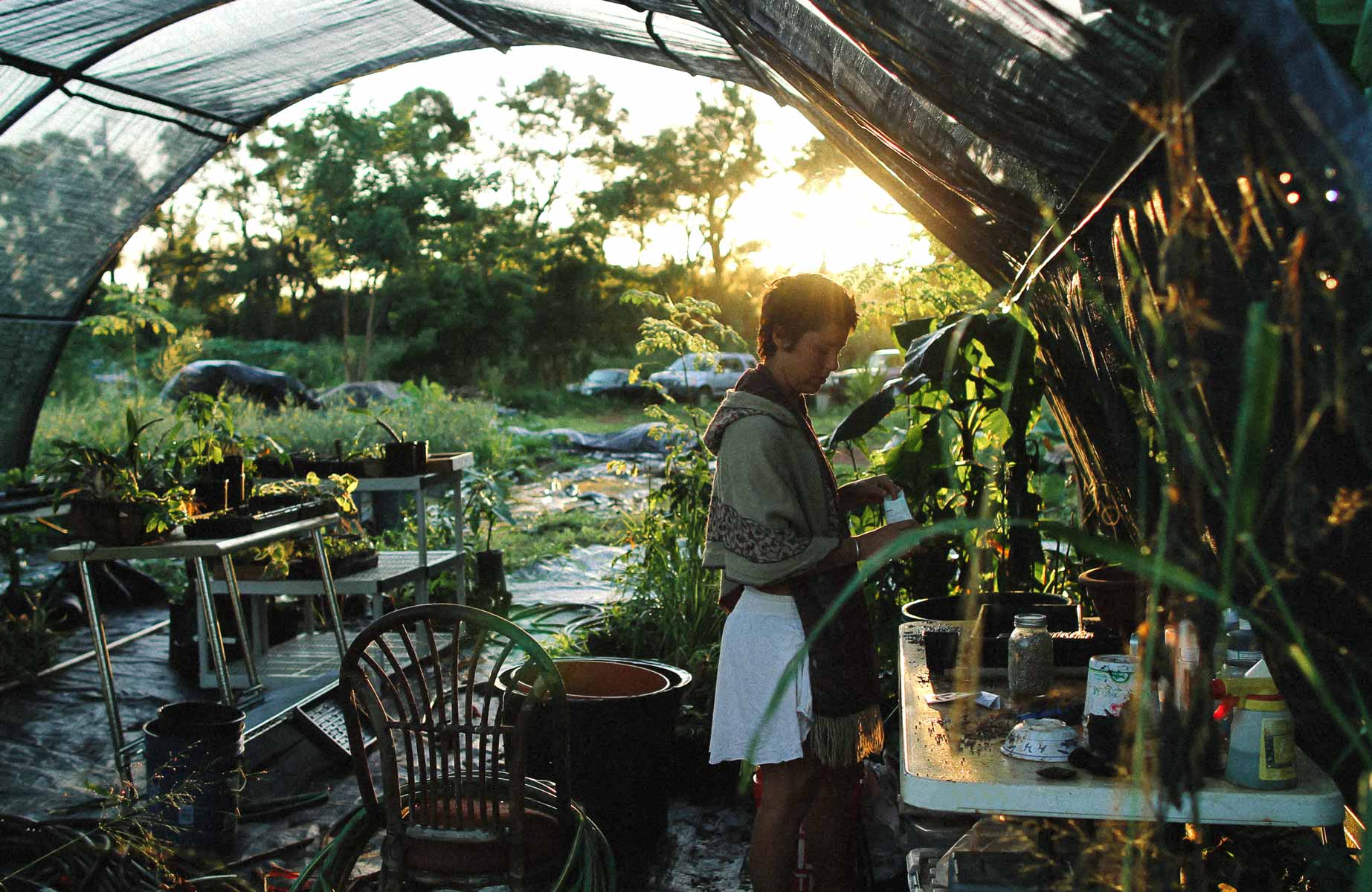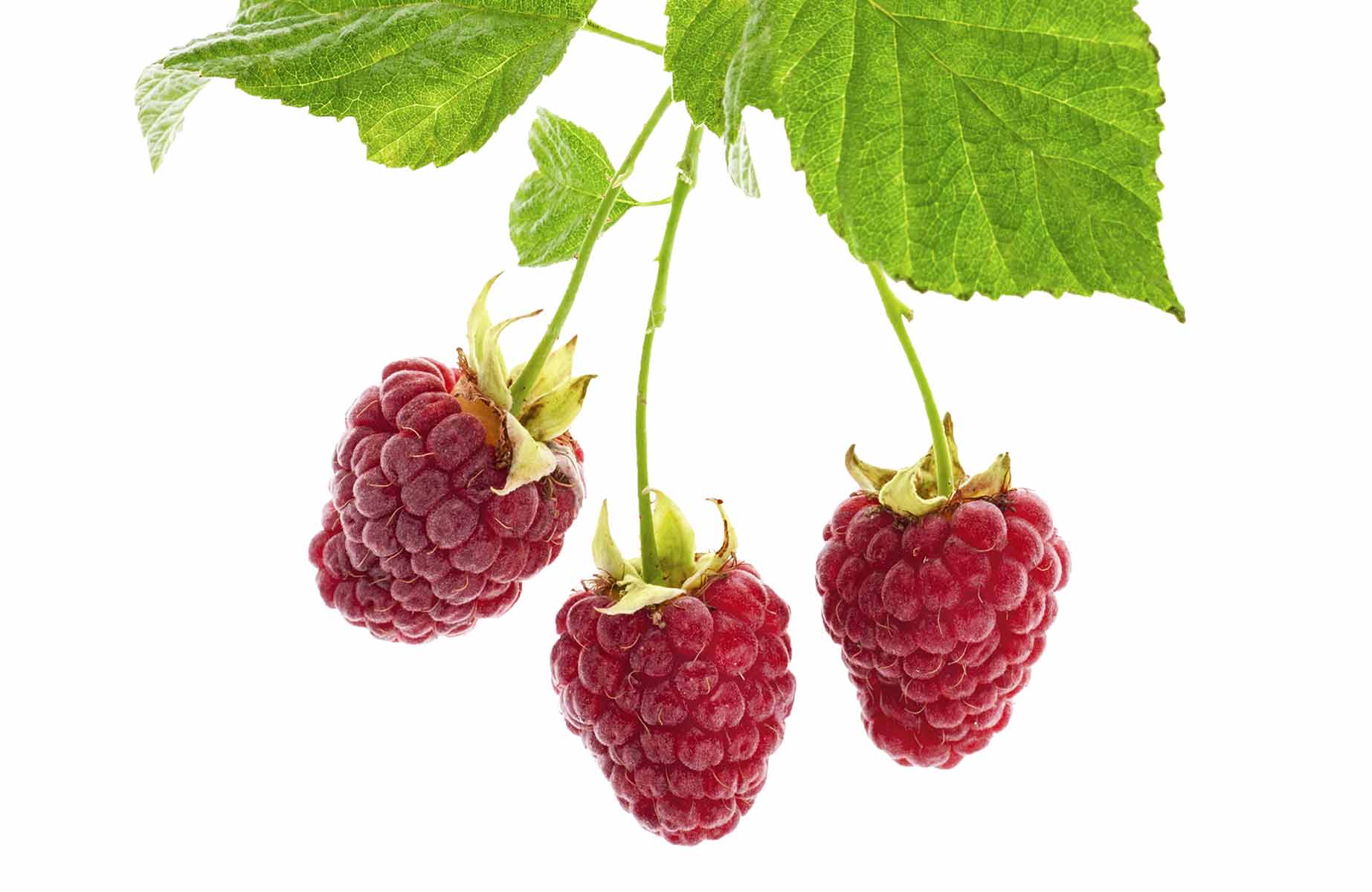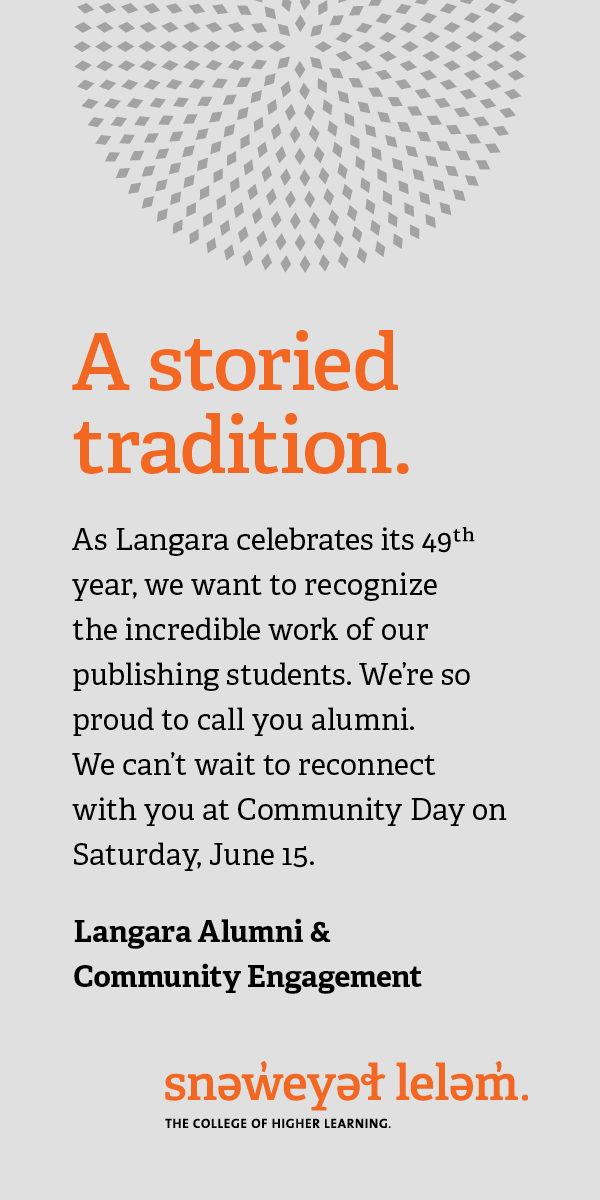The average age of a farmer in BC is 56, and less than 10 per cent of farms are operated by farmers under the age of 40, according to Statistics Canada. The high cost of agricultural land is a barrier to entry for young farmers. Farm Credit Canada reported that the cost of farmland in Canada rose by 14.3 per cent in 2014, and in BC, farmland prices have risen for over a decade. The increasing cost of agricultural land and an aging farmer population threaten BC’s food security.
At the University of British Columbia (UBC), the Faculty of Land and Food Systems runs the UBC Farm Practicum in Sustainable Agriculture: a living laboratory that offers an eight-month, hands-on farming practicum. The practicum was founded in 2008 and teaches students the basics of farming and business in order to become agricultural leaders in the community. “We grow the next generation of growers,” says Véronik Campbell, academic programs manager at the UBC Farm. “We have the expertise to share, so why not use it to help shape farmers?”
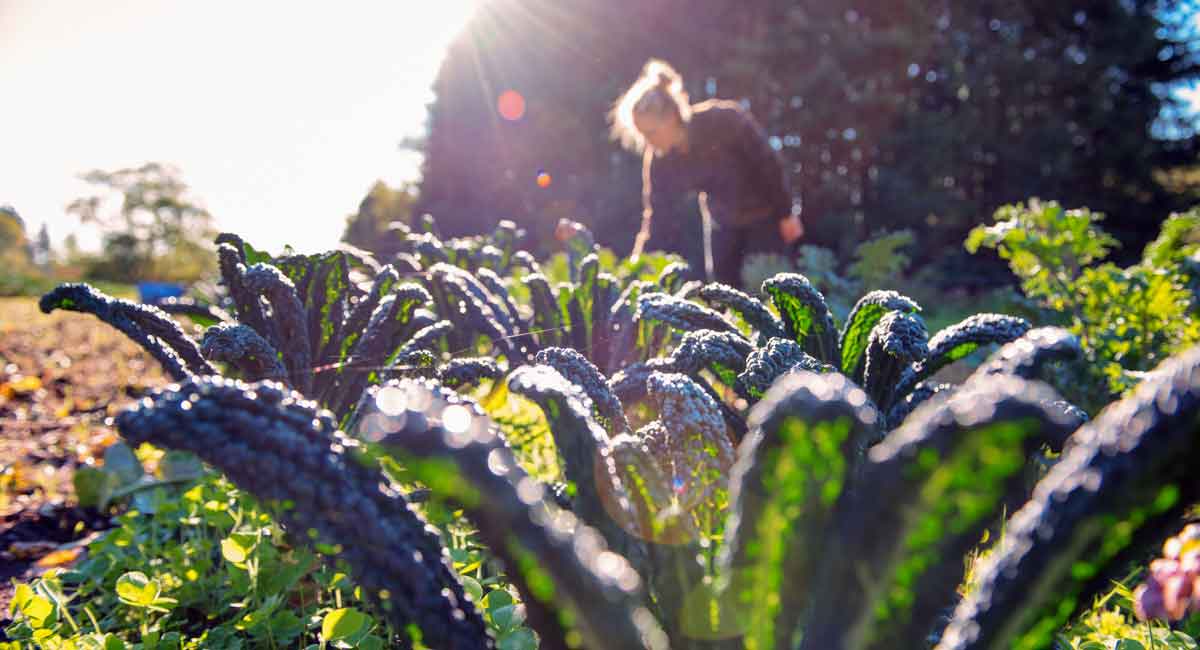
The UBC Farm Practicum teaches students the basics of growing, including techniques for germination, heat requirements, and proper cycle planning. Each student gets their own one-metre by twenty-metre plot of land where they can grow produce and experiment with different types of vegetables, like jalapeños, poblano peppers, pickling cucumbers, and tomatoes. In addition to planting their own plot, participants work together to grow produce on a 10-metre by 20-metre community plot, and in a high-tunnel greenhouse.
This past year, the program admitted 12 applicants. Some students had no farming experience but wanted to learn the farm trade, while others hoped to learn how to build their own farming business. Robert Spring and his partner, Stacey, decided to take the program together because they had farmland but did not have the agricultural know-how to produce food. “When we inherited my mother’s farmland, we felt selfish for not using it to its full potential,” says Robert Spring. “We decided to participate in the practicum as a stepping stone to becoming farmers, and I can’t emphasize how positive an experience it was.”
The Springs are currently developing BC Centre For New Farmers, a non-profit organization that will seek to support new agrarians in starting and operating farm businesses. To assist farmers in their start-ups, the organization will offer business mentorship, housing, seed funding, tools, and more. “We don’t want people to worry about the cost of starting a new farm. We want people to learn, get good at growing, make mistakes, and be symbiotic with the other activities on the farm,” says Robert Spring. The organization will begin taking applications in fall 2016.
Another UBC Farm student, Derrick Pawlowski, was halfway through his biochemistry undergraduate degree when he realized that he wanted to study something that helped the environment. “The practicum offered so much more than I expected,” says Pawlowski. “It wasn’t until I put my hands in the soil that I knew that this was what I needed to be doing.”
Through the practicum, UBC Farm students are given the tools and resources they need to contribute to a sustainable food and agriculture industry in BC. The Springs will soon open their doors and share their land with other young farmers. Pawlowski is attending a homesteader program at OUR Ecovillage on Vancouver Island: an intentional, sustainable community that focuses on food production, community, and natural building. Regardless of the path, these programs are helping young farmers get their hands dirty so they can make a difference.





